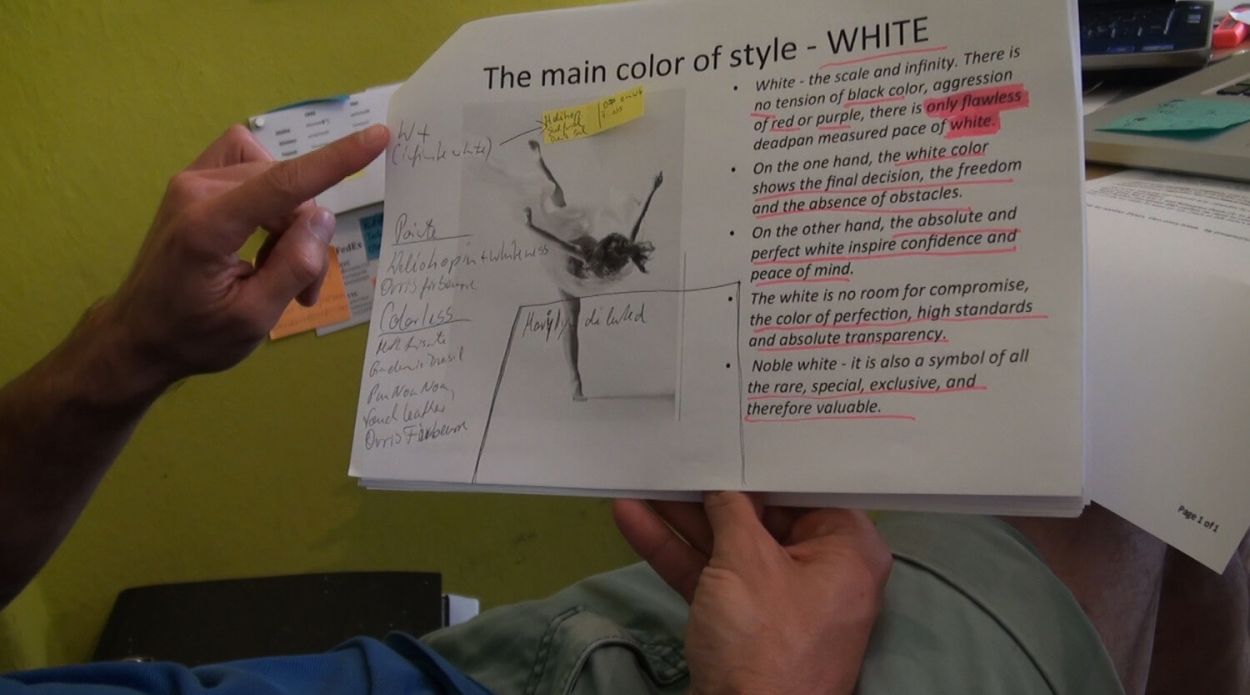Wet dog: Chasing the villain5:52
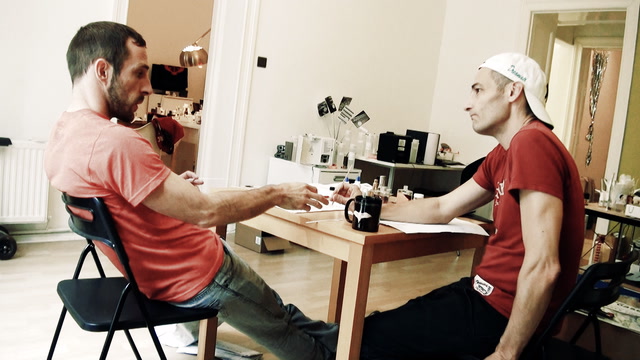
Wet dog: Chasing the villain5:52
This clip features a puzzling mystery Christophe encounters when developing a new scent for Strangelove NYC
In most cases, a perfume is meant to be a pleasurable odor. Technically, it is a mixture of essential oils, aroma compounds, and solvents used to provide an agreeable scent. Yet, the process is more complex than often explained. A useful fragrant ingredient might turn out to be an objectionable odor in a specific combination or concentration: Skatole (from the Greek root skato – meaning «dung») for example, is an indole with a strong fecal odor at high concentrations, but it is often used in perfumery at a much lower concentration where it has a pleasing floral scent. Following the development of a jewel-like fragrance we witnessed how Christophe Laudamiel and Christoph Hornetz suddenly discovered an unpleasant facet, an annoying animalic note. Laudamiel calls it a «wet dog» that only appears after some delay. The two perfumers are puzzled. The phenomenon seems to be really special, if also undesired. They investigate the composition, ingredient by ingredient. In the end, the detective search for malodor delivered a suspect for which Christoph Hornetz had noticed the same unexpected effect in other previous instances: Natactone®. The odor of this chemical compound is often described as «tropical coconut, tonka bean and tobacco». Thus, this clip tells the detective story of a puzzling mystery.
Evaluative moments2:33
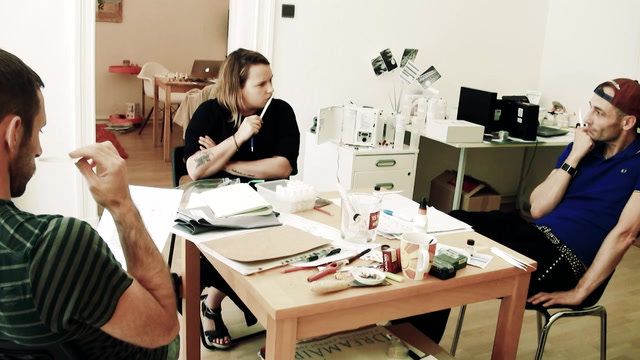
Evaluative moments2:33
Three professionals engage in smelling and discussing an advanced modification of Meltmyheart, a fragrance by StrangeLove NYC.
We see how Christophe Laudamiel, Christoph Hornetz and the flavorist Marlene Staiger spontaneously share their impressions and associations. Apparently, there is no one way of evaluating a scent. A closer look reveals how micro-practices of smelling and using blotters can differ. Christophe is particularly interested how the other two experience a certain effect that he describes as «hot metal effect». The subtitles show how the three professionals cannot agree on what the dominant note of this scent smells like: caramel, coconut and hot metal stand next to each other. A shared interpretation of what they are actually smelling seems to be rather unimportant. Yet, something is achieved in this communication. It is neither explicit agreement nor disagreement. Instead it is the affective experience the three professionals express and collectively interpret as «good». And it is this affective experience that might be key to understanding how organizing is accomplished in a creative context. Is it possible that affects really constitute an organization?
What’s missing on the pizza?2:09
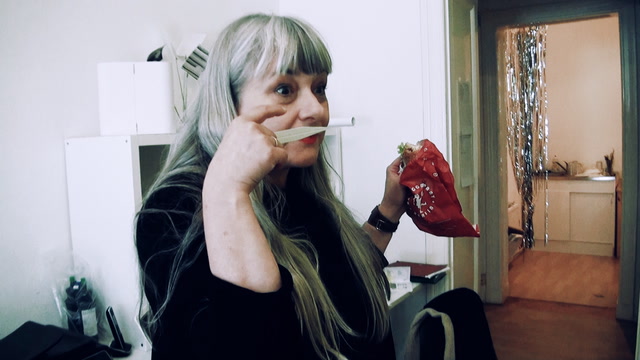
What’s missing on the pizza?2:09
«Imagine working in an open space while a neighboring workmate eats pizza!»
This was the experience we asked Christophe to capture with a scent. The pizza scent was later used in an exploratory study on the role of the sense of smell in the workplace. We knew that odors we encounter in everyday life are complex mixtures of different notes. Nevertheless, a few characteristic molecules are usually sufficient to evoke the generic smell substances, like coffee or chocolate. However, a generic smell can hardly capture a specific experience or workplace situation. In this session with Christophe, the assistant perfumer Ugo Charron and the scent journalist Denise Beaulieu we learn about the olfactory lifecycle of pizza.
Revisiting a scent wheel1:57
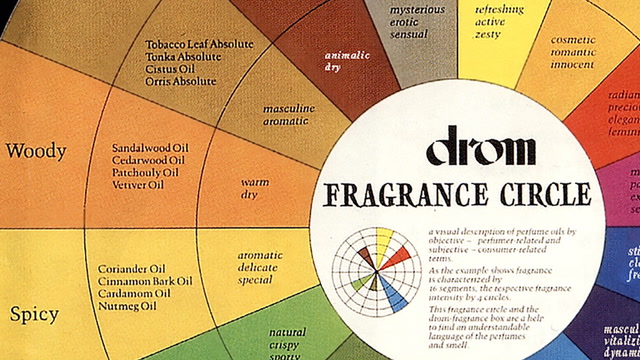
Revisiting a scent wheel1:57
What you see is what you smell
Circles and wheels are common formats used for knowledge visualization in different contexts. The color wheel organizes the relationships between primary, secondary and tertiary colors and visualizes color relationships. In the field of music the circle of fifths visualizes the relationships between major and minor keys. Accordingly, wheels are used to highlight relationships, identify families based on fundamental similarities, and illustrate different grades of intensity. In the olfactory domain, wheels were used in the 16th century to classify the smell of urine for medical purposes. Since the early 20th century the wheel has become a popular format in perfumery. In the world of perfumery the fragrance wheel serves as a handy tool for classifying perfumes. However, many questions are more puzzling than a neat visual design might suggest, as Christophe points out in this clip.
Sketching a scent2:19
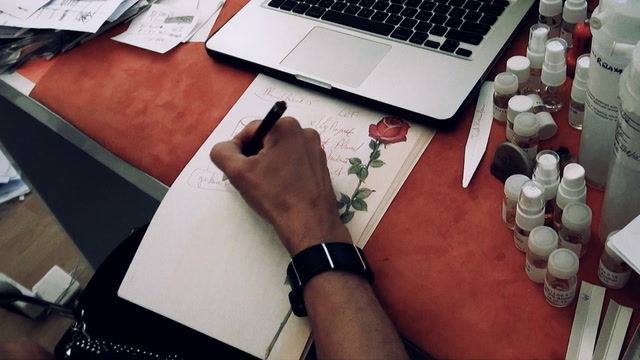
Sketching a scent2:19
The ephemeral materiality of scent eludes the common conventions of visualizing.
Instead, the qualities inherent to the sense of smell remind us of the limitations of our visual culture: But can scents be rendered visual? Pyramids are widely used forms of visual representation when developing or discussing a fragrance. This clip documents Christophe speaking to a client over the phone. Actually, it is a briefing for a new candle scent. After listening to the client Christophe outlines his ideas. Interestingly, he continuously visualizes his ideas: A scent is drawn. Is this merely an illustration? We doubt it. Since the days of the historical Bauhaus vision has been recognized as a «cognitive power in its own right». The ongoing discourse on visual culture reflects on the visual dimension and its implications for society, culture and business. Thus, the agency of sketches and even the seemingly most banal visual artefacts is increasingly acknowledged. There is more than meets the eye.
The power of words1:22
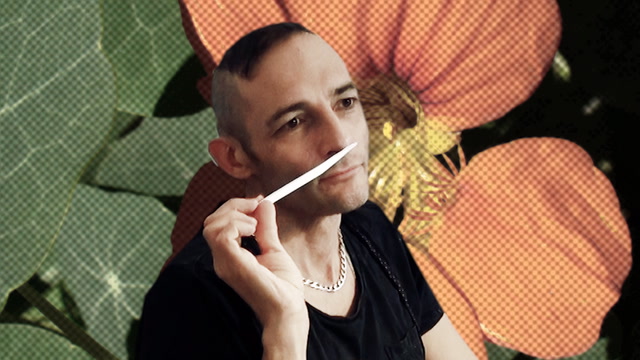
The power of words1:22
Suddenly Christophe discloses the name of an ingredient to the researcher...
The French capucine is commonly known as nasturtium. Its pronunciation in German «Kapuzinerkresse» instantly irritates the perfumer. Hence, the clip reveals factors impacting scent design beyond common textbook wisdom. Even the phonetic sound of an ingredient might make a difference. Christophe’s multisensory approach is perfectly in line with recent scientific findings showing that odor names affect sniffs length, scent familiarity, perception and evaluations. Accordingly, the same scent can be perceived by the same person differently depending on the label attached. Thus, the label «parmesan cheese» positively influences the scent evaluations in comparison with the situation when the scent is labelled as «vomit». Moreover, scent-related words (e.g. strawberry) might be influential for the olfactory experience than non-related words (e.g. old house).
Key quotes with this tag
Images with this tag

What is your perfume story? Bel Epok from Ode #1 Scentual Perception. A publication of Bel Epok, Cologne 2012
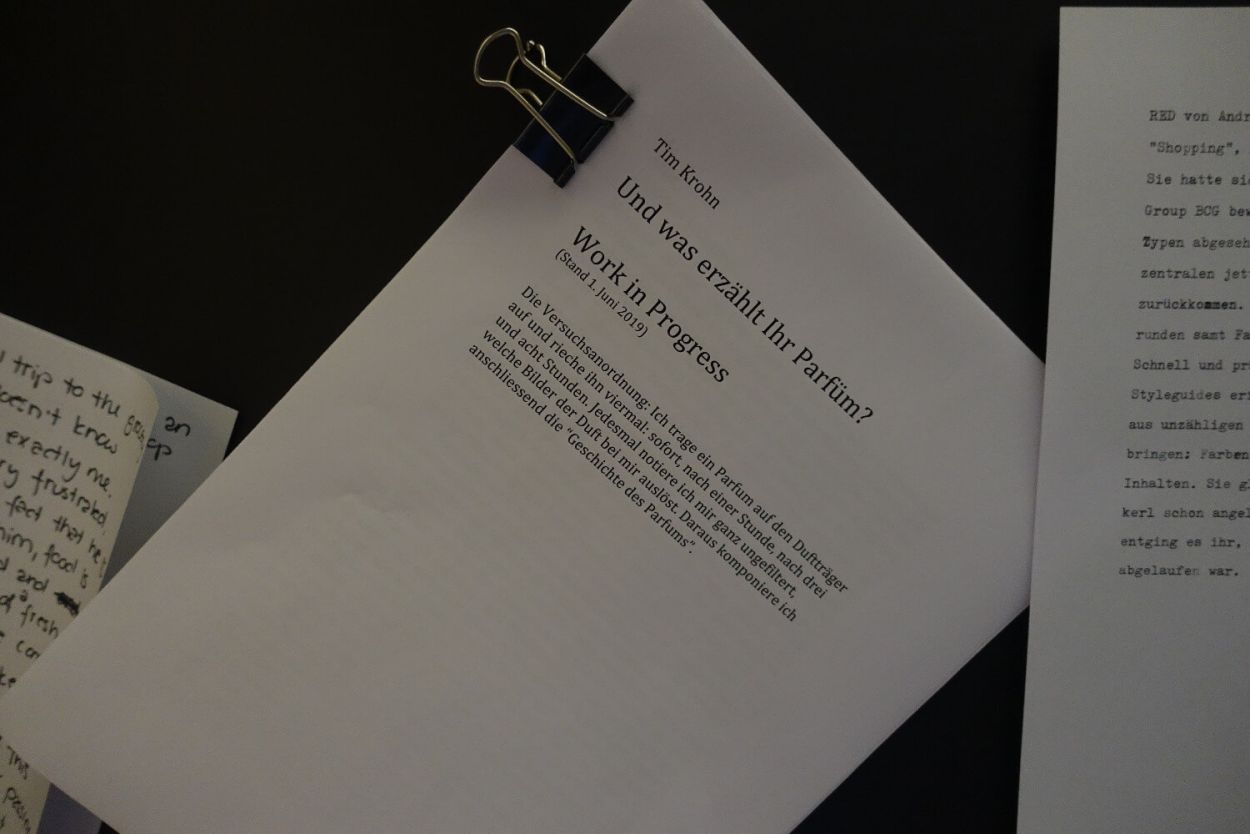
Courtesy of scentculture.tube
Tim Krohn’s manuscript exhibited at an olfactory storytelling festival in Solothurn, 2019.
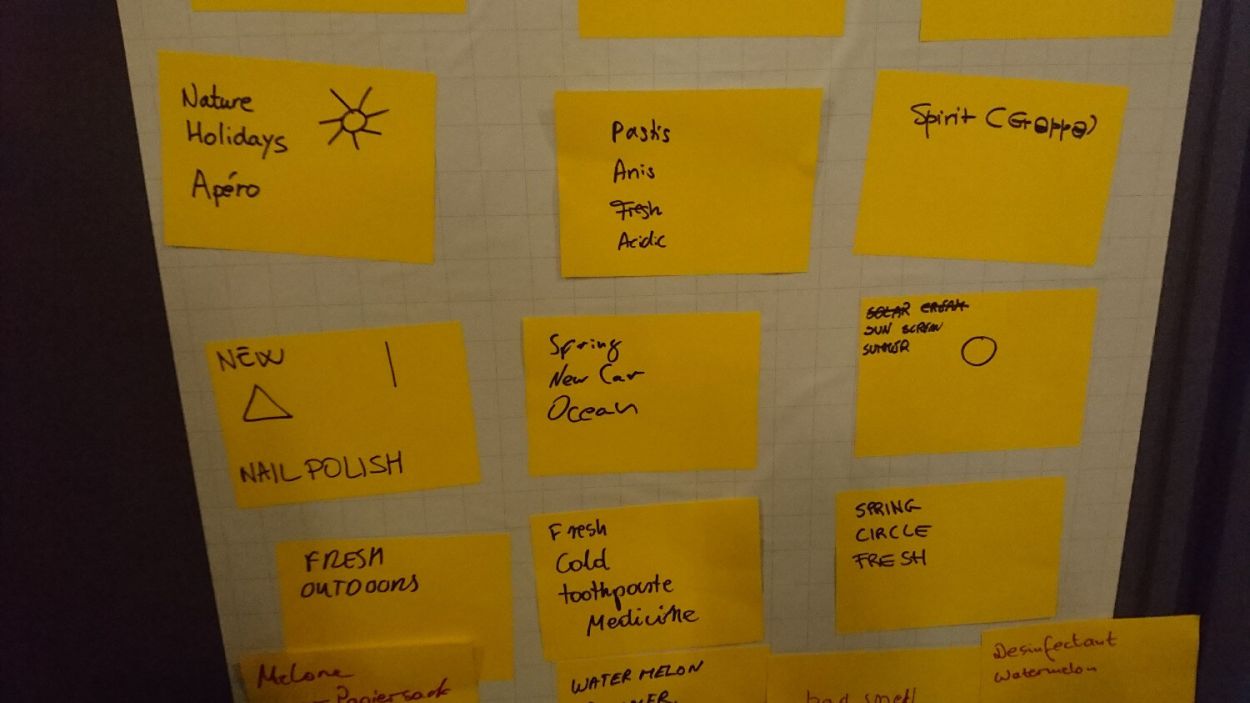
Courtesy of scentculture.tube
Sharing impressions from smelling the same single molecule ingredient during a workshop.

Courtesy of scentculture.tube
Students at the University of St.Gallen attending a seminar on smell culture conduct a scent walk on campus.
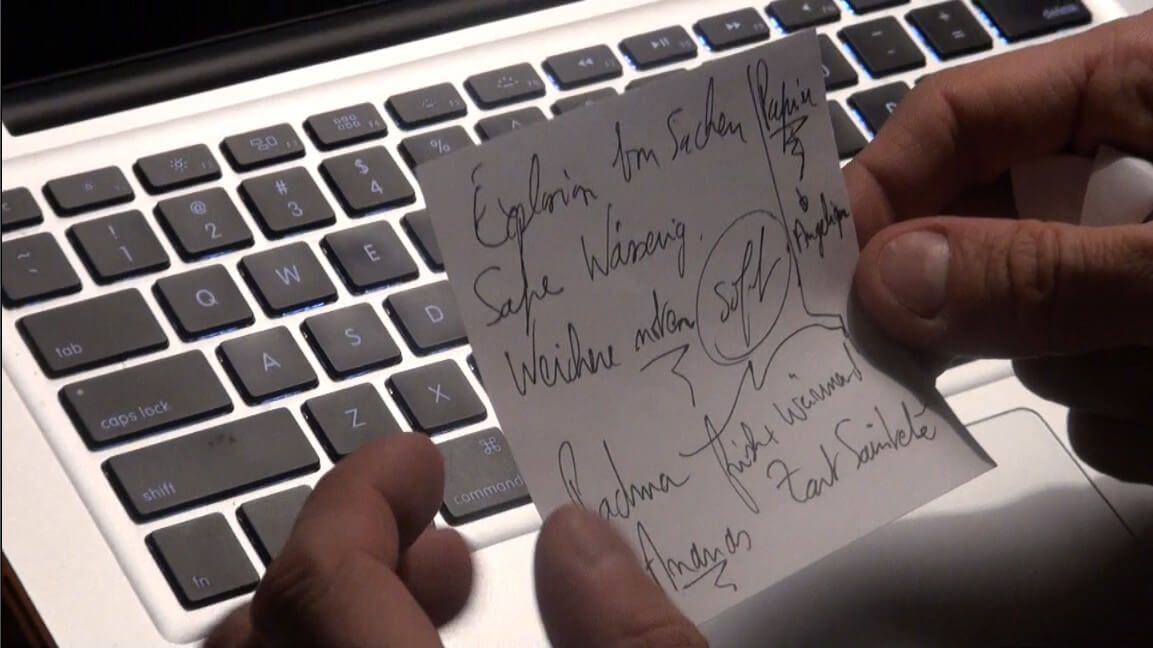
Courtesy of scentculture.tube
A few notes inspired by a briefing.
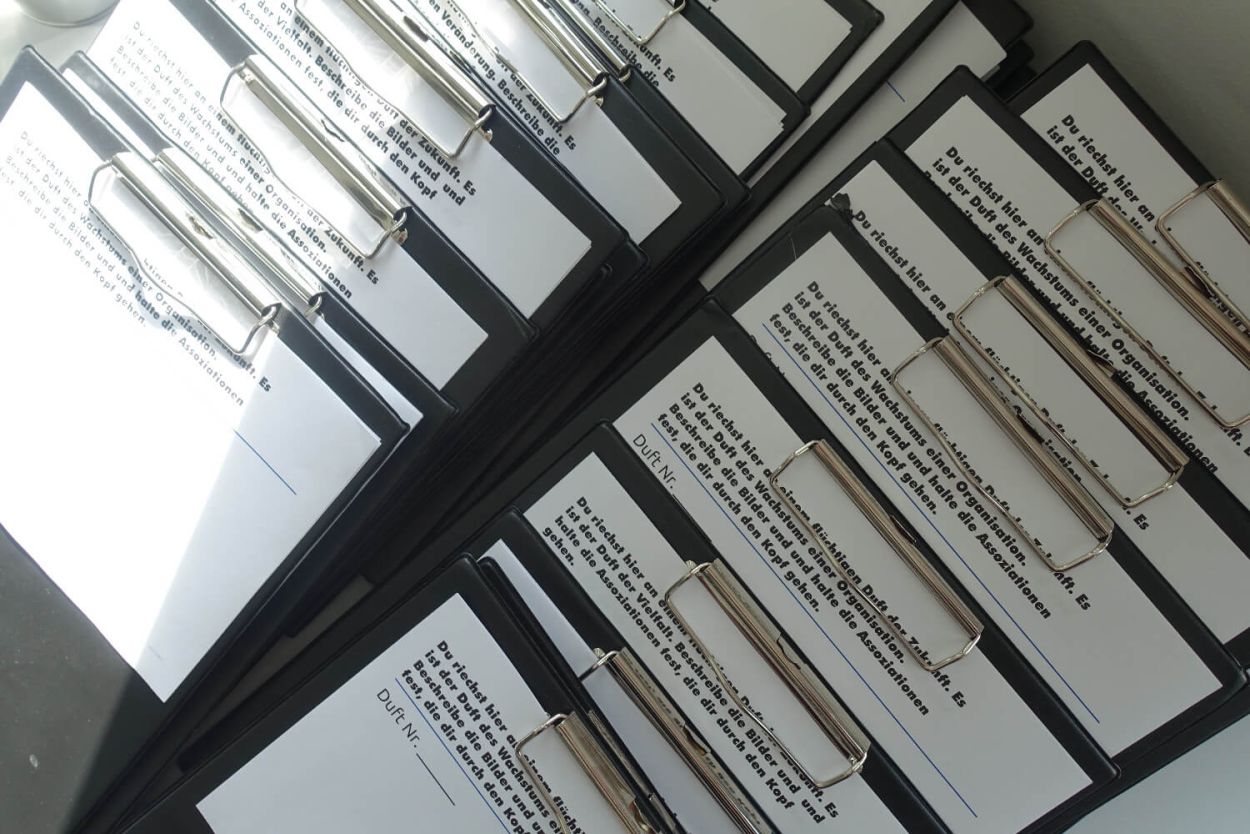
Courtesy of scentculture.tube
The creative potential of scent is used for facilitating workshops in corporate settings. This new field of application is an unexpected outcome of our research.
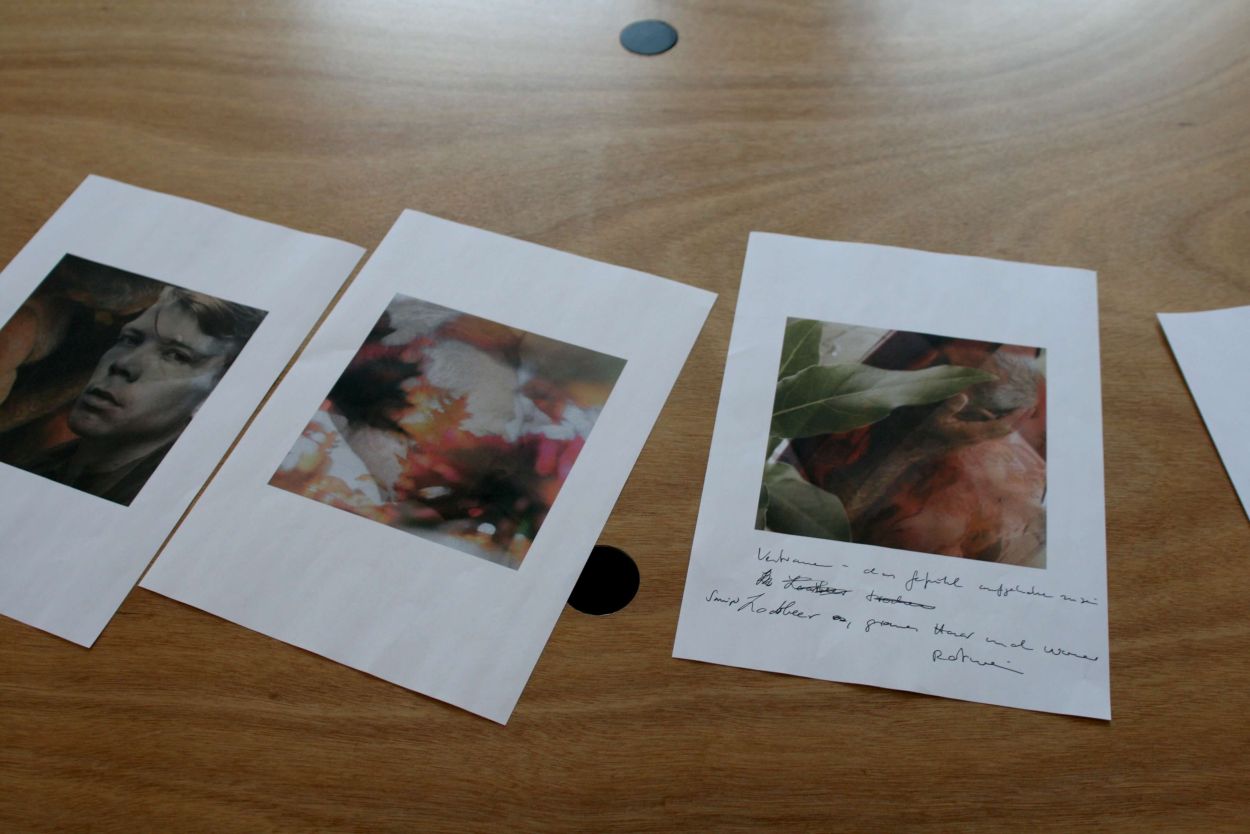
Courtesy of scentculture.tube
A visual concept by Sebastian Fischenich, the creative director of Humiecki & Graef. The concept plays an active role in numerous situations (e.g. in this interaction).

Courtesy of scentculture.tube
Notes of a judge for the Art and Olfaction Awards while evaluating submissions.

Courtesy of scentculture.tube
Christoph Hornetz’ notes taken while experiencing a smelody, an olfactory sequence, juxtaposed and interwoven with sound and noise, at the Osmodrama festival created by Wolfgang Georgsdorf.

Courtesy of scentculture.tube
Documenting impressions on a blotter.

Common terminologies are challenged by an increasingly less occularcentric culture. In her book Nosedive, Catherine Haley Epstein provides a list of words to consider when communicating about scent, remarking, «some I’ve discovered and some I’ve made up». Air sculpture and air sculptor are examples coined by Christophe Laudamiel for the context of exhibition projects (e.g. Hemingway in 6-Major). Source: Epstein, C. H. (2019). Nose Dive. Pacific Northwest: Mindmarrow Publications.
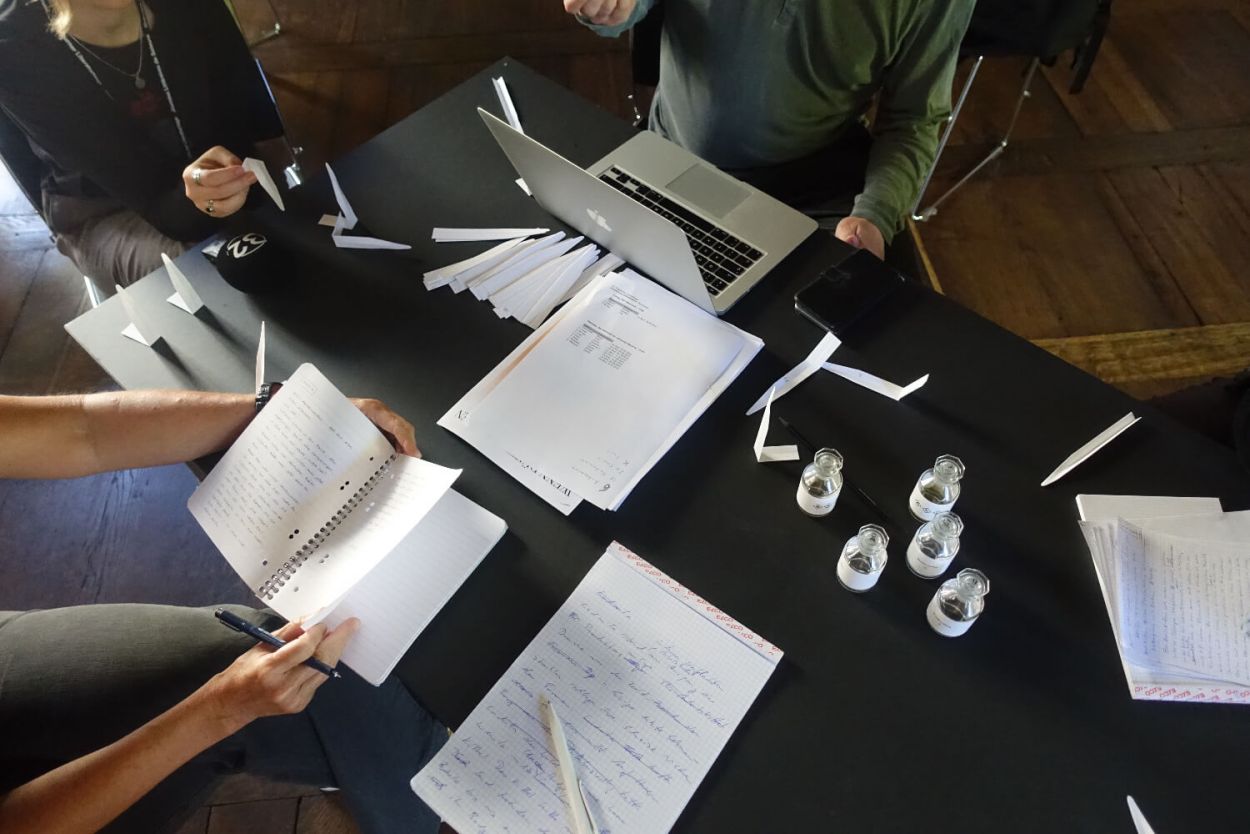
Courtesy of scentculture.tube
Workshop at an olfactory storytelling festival, Literaturtage Solothurn, 2019.
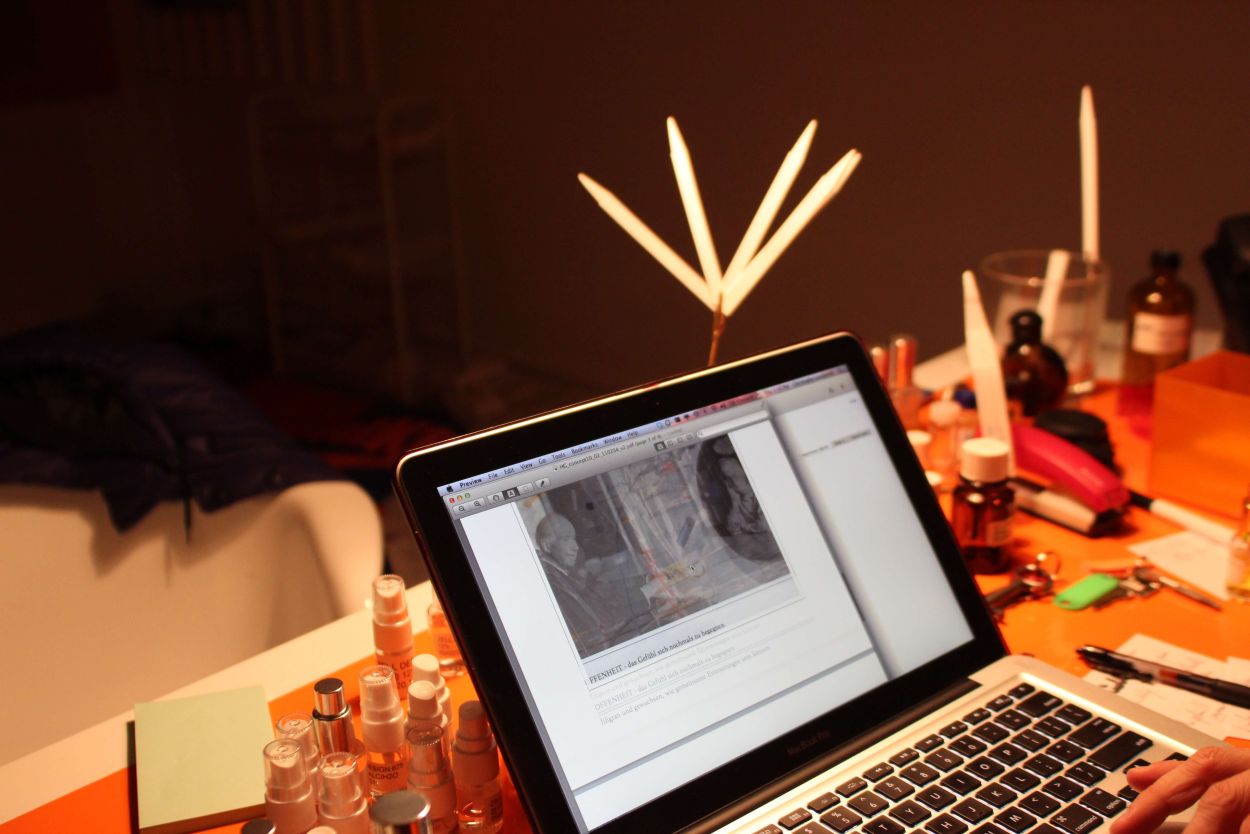
Courtesy of scentculture.tube
Working on the brief: laptop, paper blotters, scents, and other office materials. A few moments later the search for papery notes is takes place.

Courtesy of scentculture.tube
Christophe consulting his personal knowledge base.
All Tags
- Affect
- Ambience
- Ambiguity
- Analogy
- Analyzing
- Artifact
- Associating
- Beyond words
- Briefing
- Christophe Laudamiel
- Classifying
- Consuming
- Creating
- Culture
- Deciding
- Desk work
- Embodiment
- Ephemeral
- Ethnography
- Evaluating
- Experimenting
- Hemingway
- Humiecki & Graef
- Industry
- Ingredient
- Interaction
- Labelling
- Laboratory
- Metal
- Modifications
- Mundane work
- Orange Flower
- Paper
- Presenting
- Sense-making
- Shalimar
- Smelling
- Storytelling
- Still life
- Strangelove NYC
- Translating
- Visual
- we are all children
